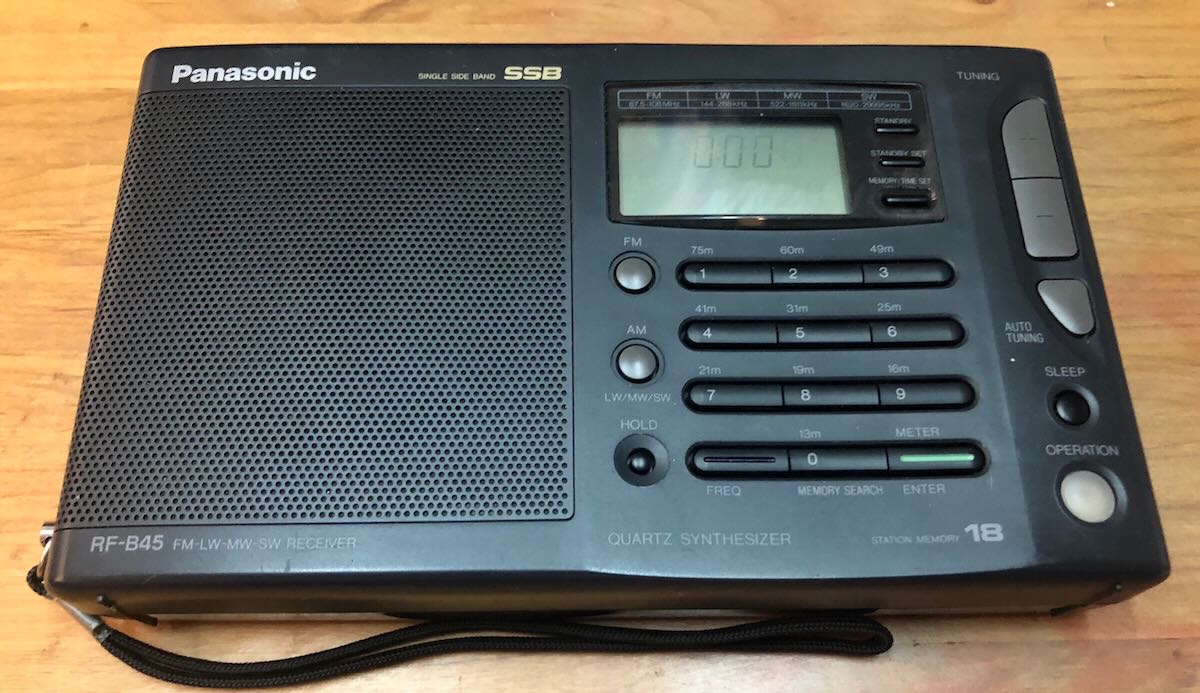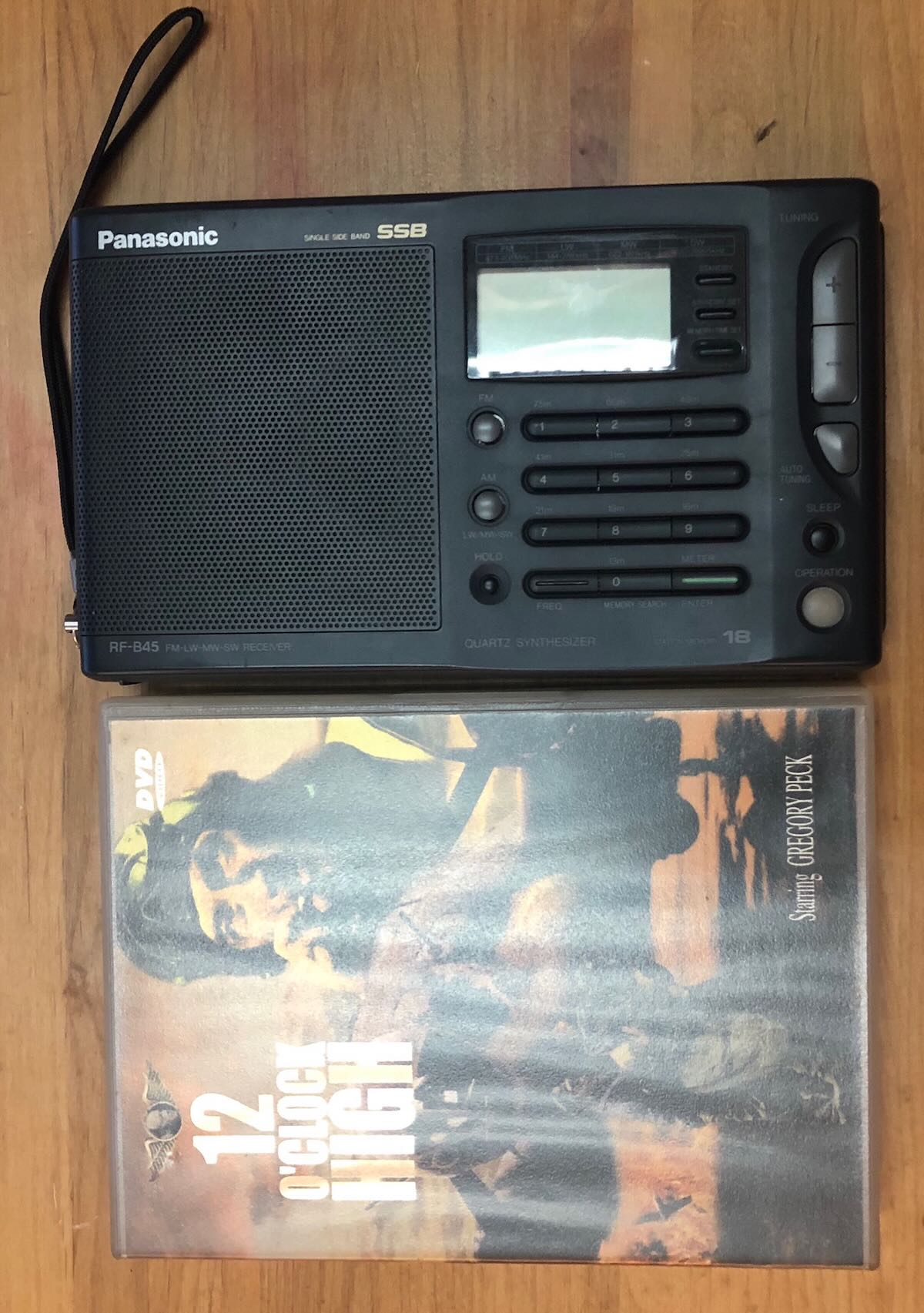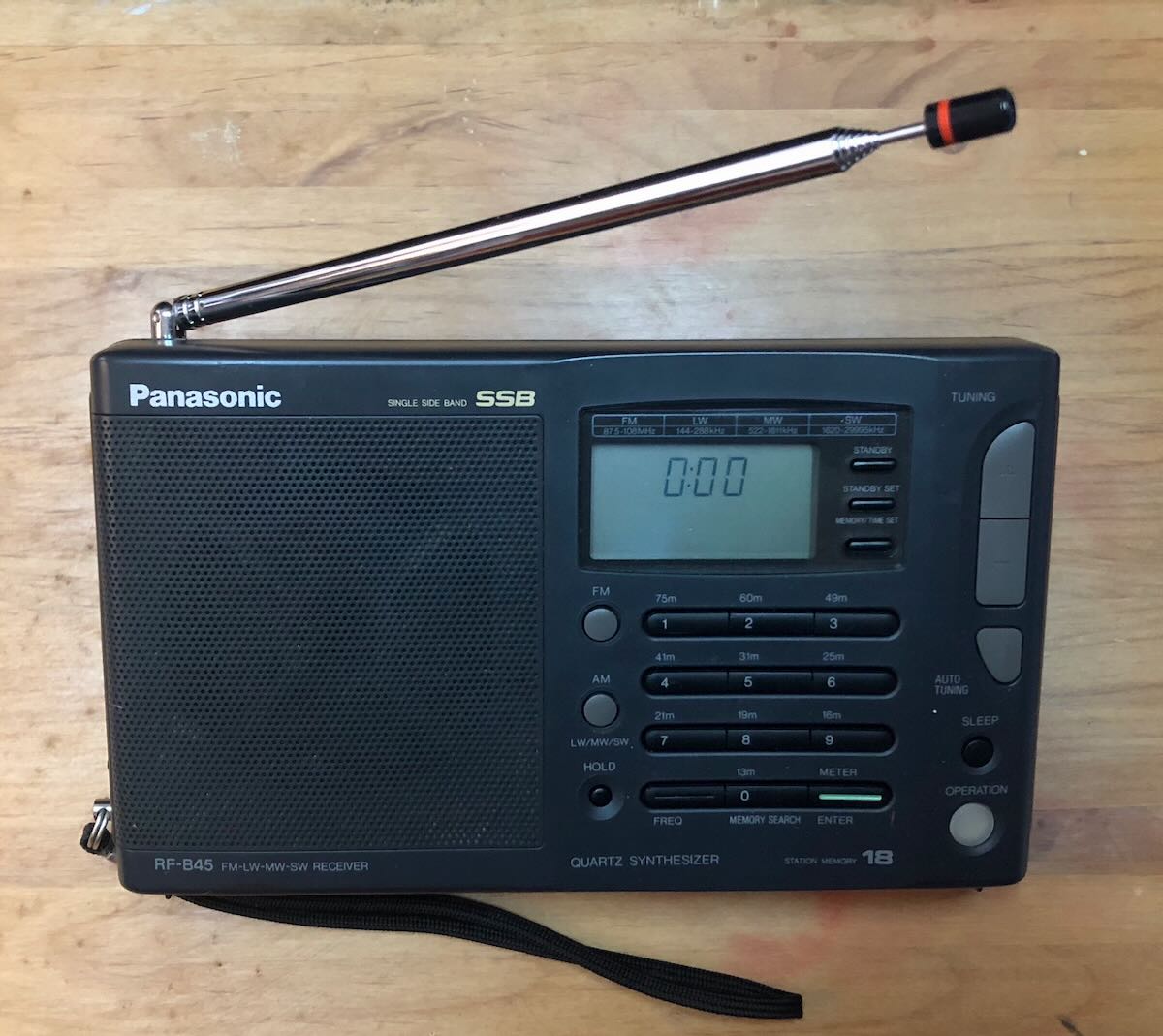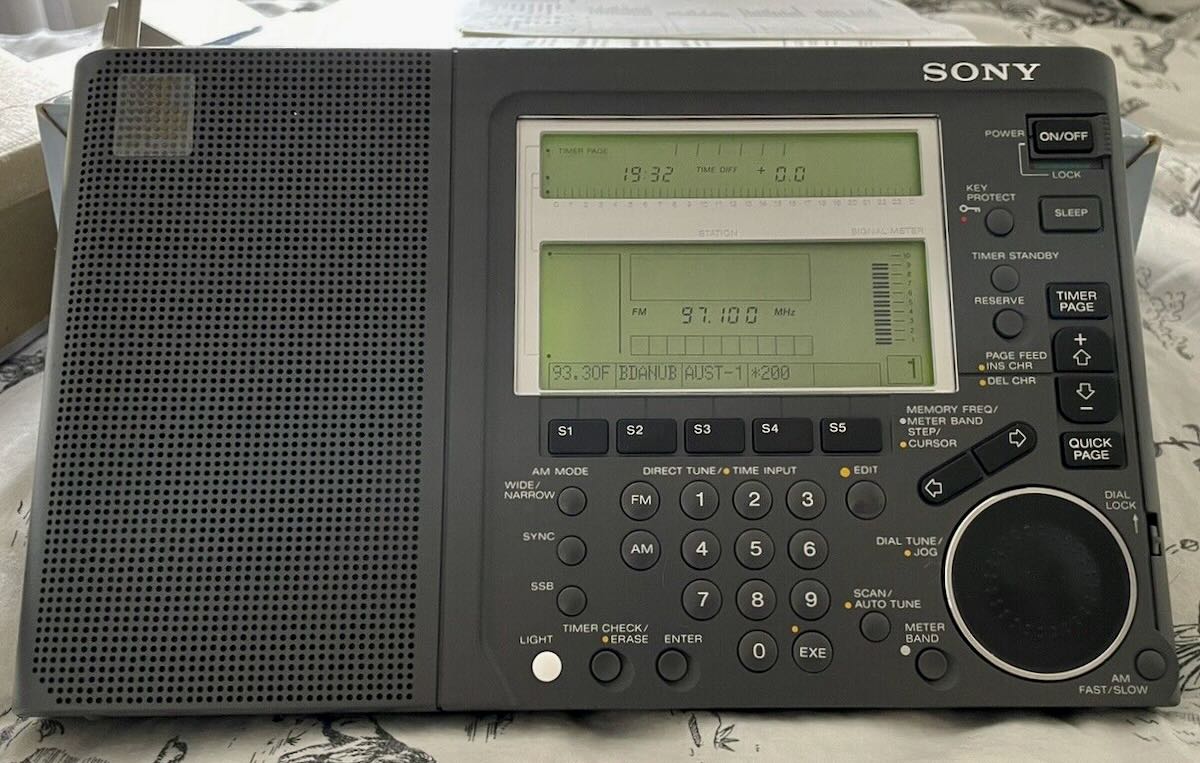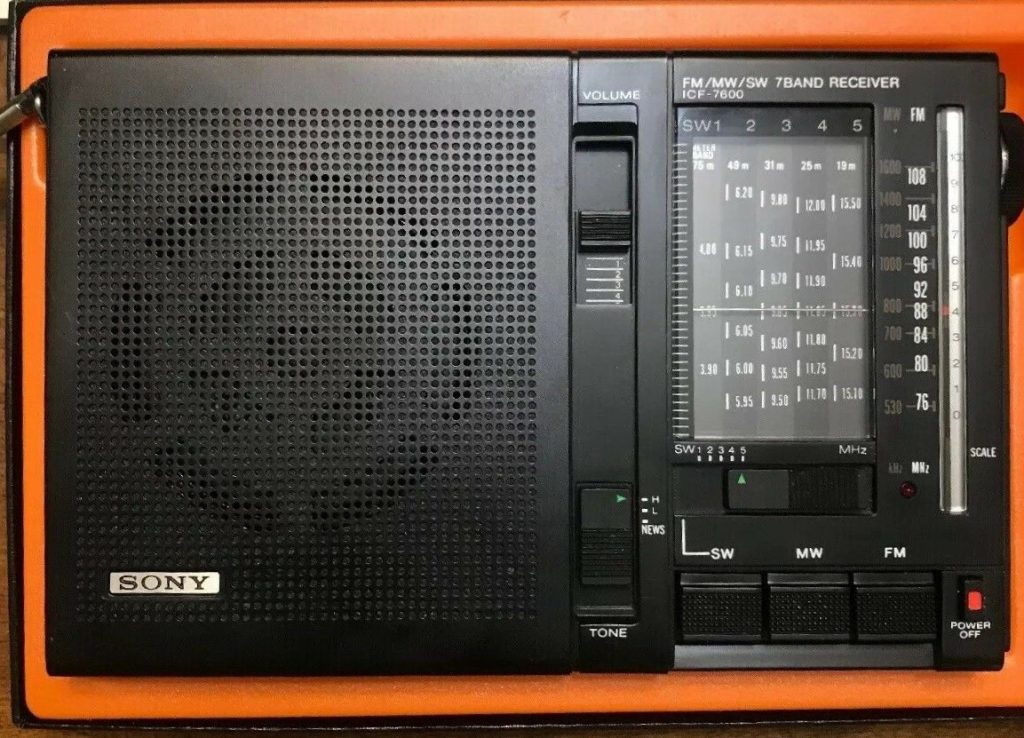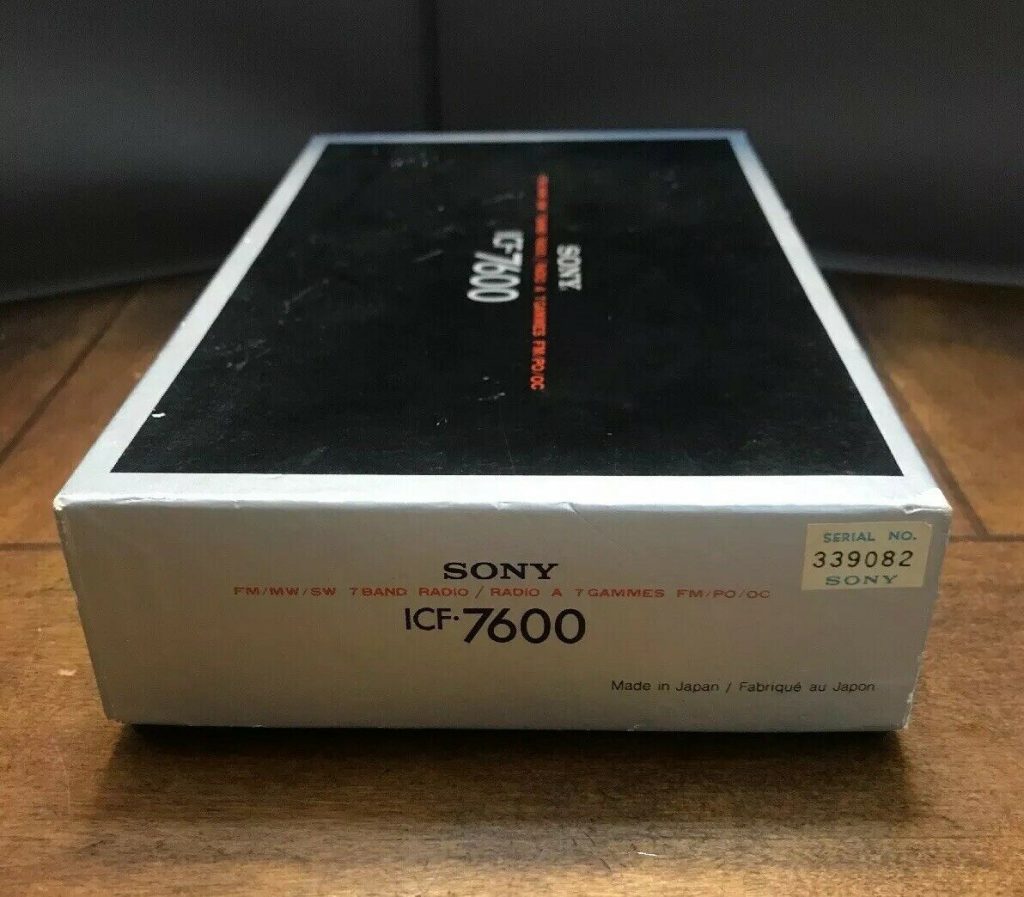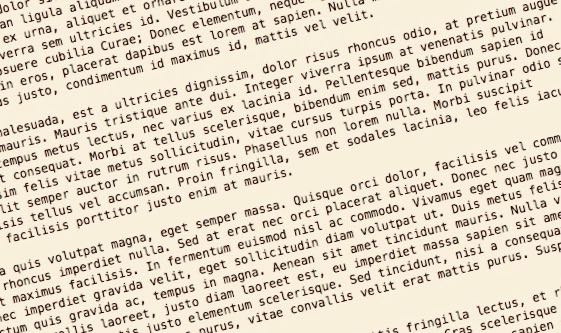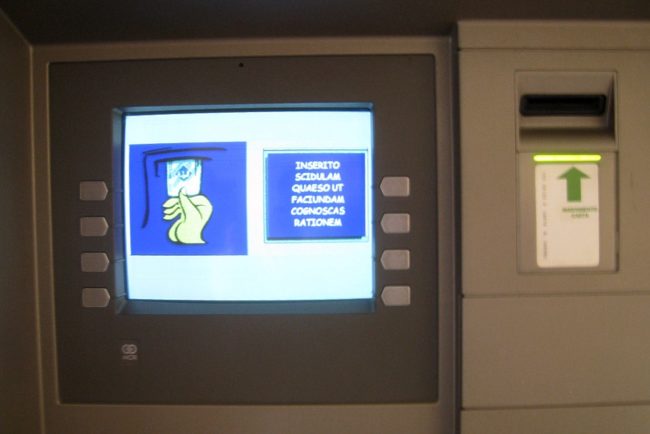Many thanks to SWLing Post contributor, Julian S, who shares the following guest post and review:
Panasonic RF-B45 – A Comparative Review
by Julian S
18 and 19 October, 2022
I was raised on valve / tube radios. From my pre-teens in the 1960s, I enjoyed tuning through the frequencies as a form of exploration. In the 1970s I experimented with antennae to improve reception. And later, starting in the 1980s, I began to use travel radios, always looking for that perfect radio.
Today the perfect radio for us SWL’ers might need to include a time machine to take us back to the halcyon days of SW, say in the 1980s or 1990s, before so many Western broadcasters axed their Short Wave services.
Looking at the BBC World Service’s latest round of cuts, I am filled with horror. Is whoever decided those cuts deeply cynical or deeply ignorant?
Switching BBC World Service content from radio to the internet for countries that block or restrict internet access is not the way to reach people living there. In places where every person’s internet access is monitored, where access to websites and web-content is censored or blocked, BBC news internet content will not be widely available. Today and for the foreseeable future the way to reach perhaps half or more of the world’s population is radio, especially Short Wave radio broadcasts.
The People’s Republic of China (PRC) and other like-minded countries, eg the DPRK (North Korea) fully understand the importance of radio, especially Short Wave and they vigorously maintain multiple Short Wave broadcast programmes as a way to project soft power and influence people.
In this context, it’s no surprise that when the Australian Broadcasting Corporation in 2017 suddenly, unexpectedly and against a back-drop of protests from Pacific Island Nations and rural Australians ditched its Short Wave broadcasts, the PRC’s China Radio International grabbed Australia’s SW frequencies.
I heard that in an earlier round of cuts China acquired frequencies dropped by the BBC World Service.
By the time the West wakes up again to the importance of Short Wave radio broadcasting as a means to communicate to the world, they will find the SW airwaves are full of PRC, North Korean, Vietnamese, Cuban and other broadcasters who never forgot how important SW broadcasts to the world are. I’m reminded of a line from the Sean Connery film, Rising Sun, “If you don’t want us to buy it, don’t sell it.”
Aside from the broadcasters mentioned above, there are still many others broadcasting on SW and there are plenty of Hams too. Short Wave radio listening and Ham radio are widespread and popular in Asia and Africa and are a major source of news. In some countries SW is also used as a means of business and social communication. So much so that there are home-grown radio and transceiver manufacturers in a number of African and Asian nations.
SW listening is big in China. So it’s no surprise that probably the best manufacturer of consumer grade short wave radio receivers is a China based company, Tecsun, who need no introduction. Tecsun seems to have taken over the role that was once held by Grundig, Sony, Panasonic and others. Indeed many of the later Grundig models are made by Tecsun.
If you’ve guessed that I like short wave radio, you’ve guessed right. And I suppose like many other fans, I usually have my eye open for something special.
Since hearing of the Panasonic RF B65 some years ago, I’ve been on the look-out for one at a reasonable price… this search led me to the RF B45…. But I’m a man of modest means so I need them to be priced accordingly.
Usually these two 30+ year old radios are priced on North American eBay like holy grail radios. More expensive than a 2nd hand Sony ICF 2010 / 2001D. Go figure. But the other day I found a Panasonic RF B45 for what I considered a reasonable price. It arrived yesterday, well packed, clean and in good condition. After dinner and this morning before breakfast I put it through some of its paces
What follows are some initial impressions of the Panasonic RF B45:
I’ve read a few reviews of it on eham, shortwave.ch etc. The controls are pretty easy to figure out. It has a similar form factor to the Sony ICF7600 series and is probably comparable in performance to the digital iterations of the Sony 7600 series… though the only 7600 series radio I have at present is the analogue 7601 which is comparable to the Tecsun R9700DX, except in price. New the Tecsun R9700DX is likely to be cheaper than a used Sony 7601 on eBay, and the Tecsun has a wider range of features, eg external antenna socket, comes with a long wire antenna, has better audio… but I digress…
…back to the Panasonic RF B45. This is a fine compact travel radio about the size of a paperback book or two DVD stacked boxes. Continue reading

